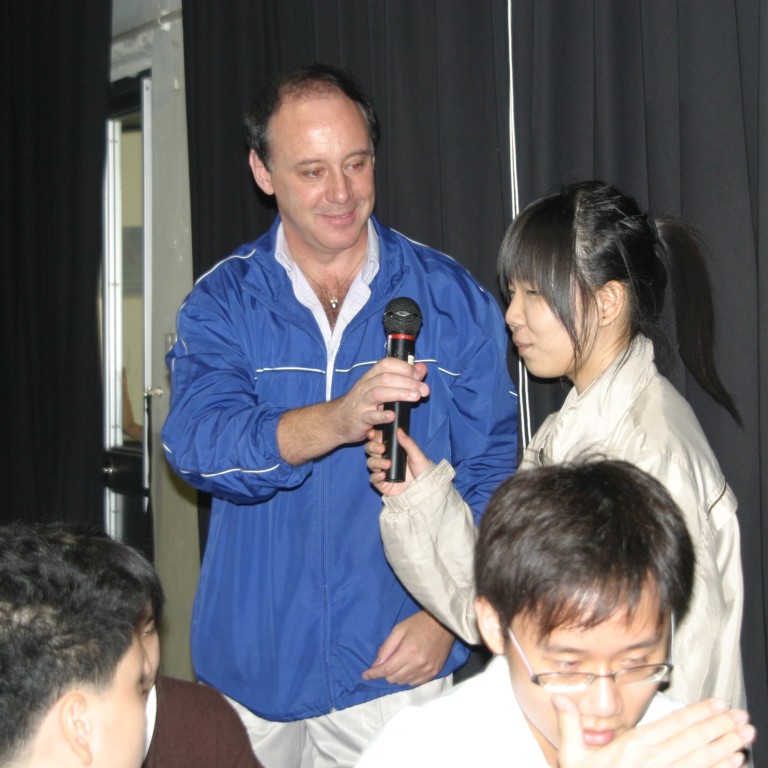
Introduction of NET scheme was not a knee-jerk reaction
One could criticise aspects in operation of the native-speaking English teacher (NET) scheme, but it offers genuine benefit for students. Properly selected and deployed, NETs can do much good for our students.
One could criticise aspects in operation of the native-speaking English teacher (NET) scheme, but it offers genuine benefit for students. Properly selected and deployed, NETs can do much good for our students.
I am firmly behind the scheme, not because I was instrumental in putting it in place during my term as director of education, but because the intention is positively student-oriented and the scheme meticulously planned. It was not "a knee-jerk reaction" but a carefully considered support for teaching of English in schools. Recruitment was by global search on stringent qualifications and clear selection criteria.
In 1998, after considerable public consultation on a "medium of instruction policy", the government decided that only schools with certain conditions may teach in English:
- Teachers proficient in English;
- Students capable of studying in English;
- An environment conducive to learning and teaching in English.
NETs are introduced to enhance the English language environment of schools, and to help students overcome shyness when speaking in English. "Monolingual" NETs thus have the advantage of "forcing" students to speak to them only in English. This is precisely the objective of the scheme.
The medium of instruction (later dubbed "mother tongue") policy aims to make for easier learning and happier schooling for students, then subject to nine-year free compulsory universal education.
For background, in 1983, three experts advised that learning and teaching were most effective in the mother tongue. The government implemented measures to encourage and to support schools to use the medium of instruction best suited to their students' needs. Regrettably, a review in the mid-1990s revealed that many schools were teaching in a mixed mode, commonly dubbed "Chinglish", while claiming to be English-speaking schools. This sparked much media and professional comment, even carping criticism, against such "pretence" unbecoming of educators.
Consequently, the then governor Chris Patten directed that firm guidance be given in 1997 to schools on the medium of instruction, for full implementation in 1998. On this call for action, we conscientiously conducted public consultation, reported on the outcome, arranged for independent vetting of schools for teaching in English and objective review of appeals from aggrieved schools. We also initiated the NET scheme.
The rest is history. It is most unfair to knock the scheme or to discount the value of NETs.

